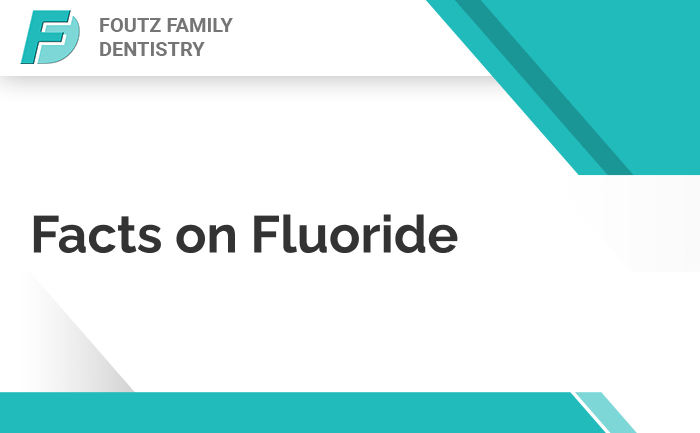
We’ve all heard of fluoride, but what do you really know about this mineral? Although itis naturally occurring in several foods and water, fluoride is also added to oral health products and promoted as a protector against tooth decay. Read on to learn some fascinating (and useful) insights on fluoride and what it can do for your health.
Fluoride 101
Fluoride naturally occurs in water supplies, as the trace element fluorine leeches in from soil and rocks in the groundwater. However, it’s not found in high enough concentrations to be helpful, so most municipal water supplies include additional fluoride that’s added specifically to support oral health.
If you have well water or a non-public water supply, there may not be enough fluoride in it to provide this additional health support. Dentists usually recommend that these people add a fluoride rinse or other supplement to make up the difference.
To dispel some of the most common myths you’ll find online:
- Fluoride is not dangerous to your health in the amounts which it is needed for proper oral health support.
- Fluoride does not increase the risk of cancer or autism.
- Fluoridation is not unnatural or unhealthy – remember, this is a naturally-occurring mineral, and adding it to the water supply promotes better prevention against tooth decay.
Finally, fluoride is included in toothpaste, but the amount is not enough to provide adequate protection. With the additional fluoridated water supply, optimal protection is provided for people in many developed regions, including the U.S. and Europe.
Skip the Bottled Water
Another important topic to discuss is bottled water. With the influx of its popularity, some kids and adultsonly drink prepackaged bottled water. Unfortunately, most of these products do not contain additional fluoride athelpful levels. It’s far better to filter your tap water if you’re going to go this route.
On that note, you’ll want to choose a filtration system carefully, too. Charcoal and carbon filter systems don’t impact fluoride levels, but distillation and reverse osmosis systems can reduce the amount of fluoride in your water. Let your kids drink tap water for optimal oral health.
Otherwise, your dentist may recommend adding a fluoride rinse or another supplement to enhance the health and protection of your teeth.
There are Two Types of Fluoride Treatments
Topical fluoride treatments, such as toothpaste, mouthwash, or a professional treatment from your dentist, are one type of fluoride. These act directly on the surface of the existing enamel that’s in place, so they may not be as effective as the other option.
Systemic fluoride is the kind found in water and dietary supplements. It’s ingested, instead of applied directly, and works to strengthen the teeth as they grow and develop from the inside. Supplements are only available via prescription, in the form of drops, lozenges, or tablets.
Want to know more? Ask your dentist about fluoride and your oral health, and find out how you can take better care of your teeth with simple changes.









